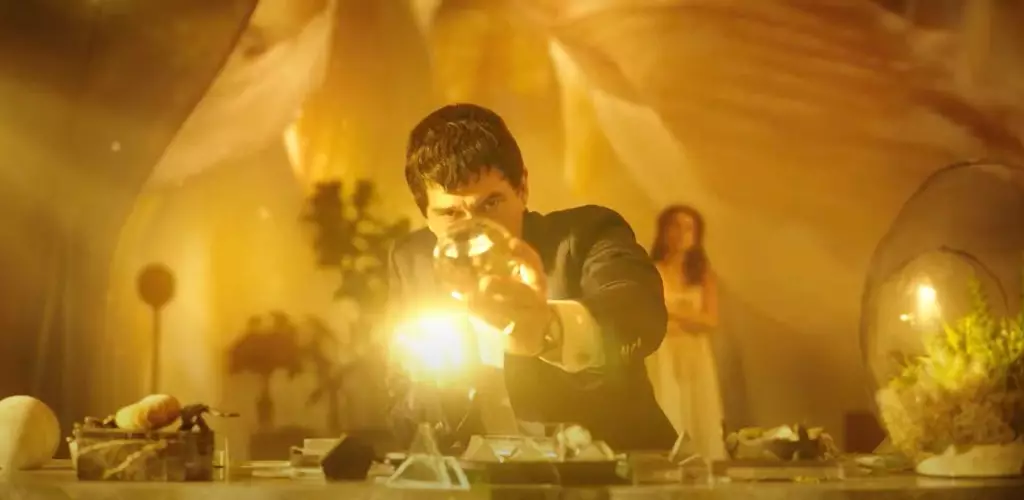In an era where sensationalism often supersedes factual reporting, it’s alarming how quickly a rumor can escalate into a public smear, especially against luminaries like Francis Ford Coppola. Recently, an article published by Variety purported to reveal an exclusive video involving Coppola and extras from his upcoming film, *Megalopolis*. The insinuation that Coppola engaged in unprofessional behavior could not have arrived at a worse moment, as the filmmaker was in transit for a family memorial for his late wife, Eleanor Coppola. The intersection of personal tragedy and public vilification raises critical questions about the ethical boundaries of journalism and the pressing need for responsible storytelling.
The immediate fallout from the article was immense—not only in terms of potential damage to Coppola’s reputation but also in the emotional toll it placed on an already grieving artist. According to reports, the piece failed to gain traction online, yet its very existence prompted a reaction from Rayna Menz, an extra featured in the controversial video. Menz publicly condemned the narrative being spun around Coppola, stating unequivocally that he behaved with nothing but professionalism during their time together on set. Her defense serves as a vital reminder that perceptions can often be distorted by misleading framing.
The Role of Social Media in Inoculating Against Misinformation
Menz took to Instagram to clarify her experience, vehemently rejecting the claims made against Coppola. With a straightforward articulation of her feelings, she dismissed the portrayal of Coppola as “gross” and “unprofessional” while emphasizing how he consistently spoke fondly of his wife. It’s crucial to acknowledge the impact of social media in shaping narratives today. While traditional news outlets still hold sway, platforms like Instagram empower individuals to counter damaging stories directly. Menz’s bold stance underscores the importance of speaking out against misrepresentation, especially in an industry where reputational damage can be irreparable.
The importance of this defense cannot be understated, considering the intricacies of social dynamics within the film industry. A closed set implies a controlled environment where actions are closely monitored, thus making sensational claims appear even more dubious. To further solidify her statement, Menz revealed that she had initiated the dancing with Coppola. The portrayal of him as a “gentleman” and an approachable figure reinforces her assertion that the narrative constructed by the media lacks credibility. Coppola, according to Menz, embodied the supportive and familial spirit that one would expect from a seasoned filmmaker and elder statesman of cinema.
A Battle for Artistic Dignity
The absurdity of dragging a respected filmmaker into a baseless controversy raises important ethical questions for contemporary journalism. Coppola is not merely a film director; he is a cultural icon who has imbued American cinema with vision and originality. At this juncture in his career, while investing his own wealth—approximately $120 million—into a cinematic project he holds dear, one would hope for more universal support among media circles instead of sensationalist attacks.
Given the circumstances surrounding the project and the tumultuous personal backdrop, it is worth pondering the motivations behind these journalists’ choices to disseminate such negative stories. Why is there a persistent urge to undermine the reputation of an individual who has given so much to the cinematic landscape? The time for respect and reflection should outweigh the craving for swift clicks and headlines.
Coppola’s current endeavor, *Megalopolis*, represents not only a financial gamble but a lifelong dream realized. In a time where many filmmakers stick to formulas that assure profit over innovation, Coppola stands as a beacon of courage, daring to invest in a vision he believes has inherent value. The industry needs his boldness now more than ever.
As we reflect on the sensationalist narratives that seem to plague established artists, we must advocate for a cultural shift—a demand for accountability in journalism that prioritizes truth over scandal. Francis Ford Coppola deserves recognition for his contributions to film, especially as he navigates the grieving process. The current moment calls for compassion rather than vilification. As audiences and observers, we must cherish the legacy of artists like Coppola, ensuring that their stories are told with the dignity they warrant. It’s high time we approach discussions surrounding such figures with the maturity and respect they have earned through decades of artistic excellence.


Leave a Reply